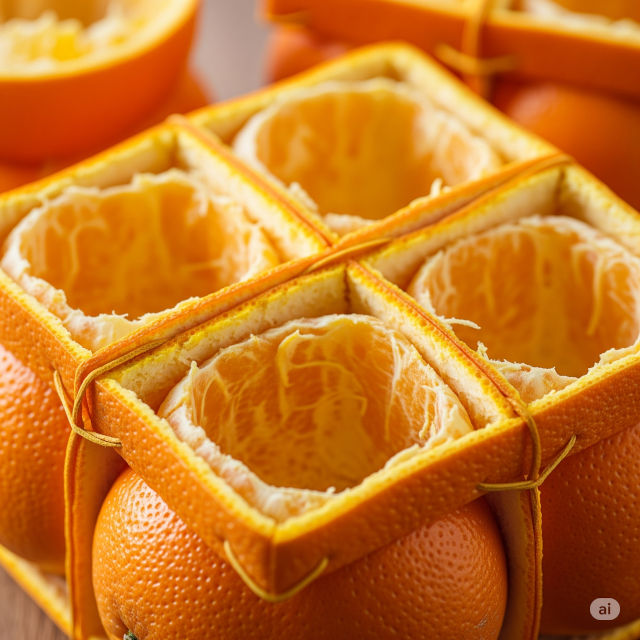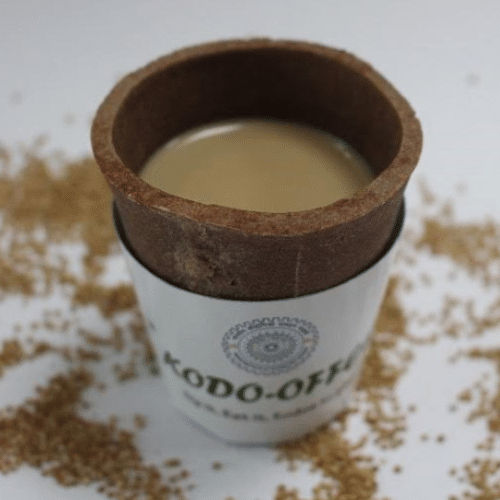In recent years, the search for sustainable solutions has led to the creation of innovative products such as orange peel packaging. This unique approach to eco-friendly packaging solutions in the Netherlands and beyond is gaining traction due to the growing awareness of environmental issues and the need to reduce waste.
In a groundbreaking step towards circular economy, India’s ICAR-Central Citrus Research Institute (CCRI) and Visvesvaraya National Institute of Technology (VNIT) have launched a collaborative project to develop biodegradable packaging from orange peel waste.
India produces over 7 million tons of citrus fruits annually, and a significant portion of the peel is discarded or burned. This initiative aims to transform that organic waste into valuable bio-materials that can replace plastic — particularly in food packaging.
The Concept of Orange Peel Packaging
Orange peel packaging is a pioneering development that transforms waste into a functional and eco-friendly alternative. By converting citrus waste into biodegradable, natural materials, this packaging provides a sustainable option for businesses looking to reduce their carbon footprint and contribute to environmental sustainability.
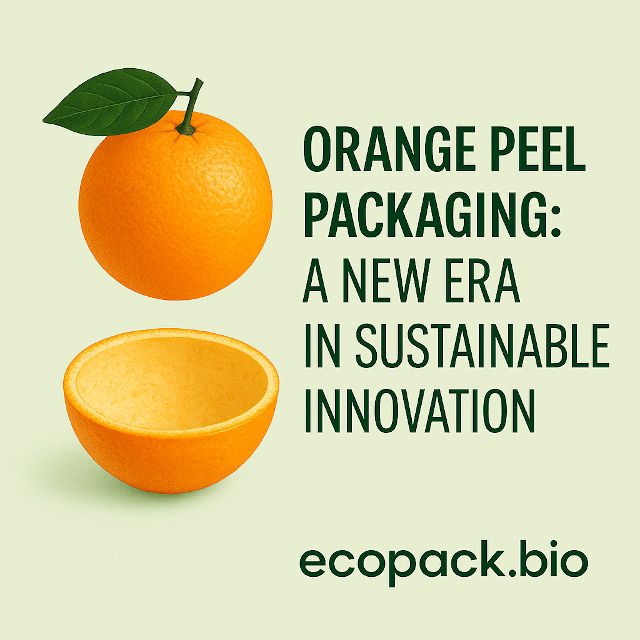
How is It Made?
The process of creating citrus waste packaging involves collecting discarded peels from orange juice production. These peels, rich in cellulose, are then processed to create a versatile and durable material suitable for various packaging needs. Through fermentation and natural processing technologies, orange peels are turned into strong, flexible, and fully compostable packaging. It’s food-safe, toxin-free, and decomposes within weeks. This process not only reduces waste but also offers businesses an ethical choice when sourcing packaging solutions.
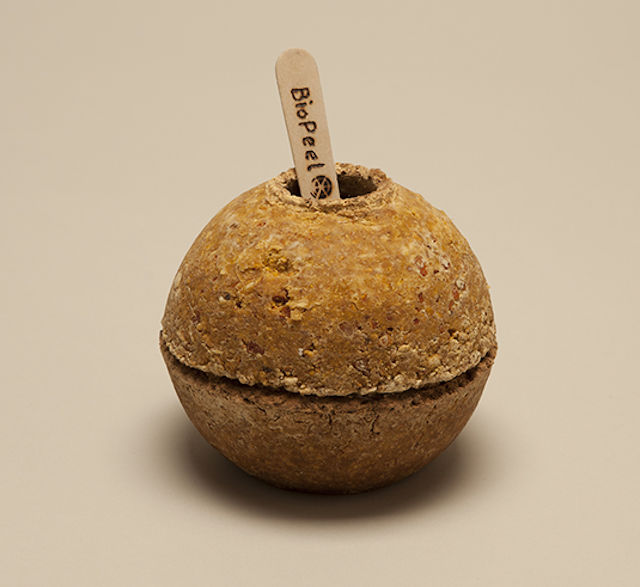
Advantages of Citrus Waste Solutions
One of the primary benefits of citrus-derived packaging is its biodegradability. Traditional plastic can take hundreds of years to decompose, whereas this natural packaging breaks down much faster, leaving minimal impact on the environment. Moreover, these solutions can be customised to meet the specific requirements of businesses, from buying wholesale bags in the Netherlands to creating bespoke designs.
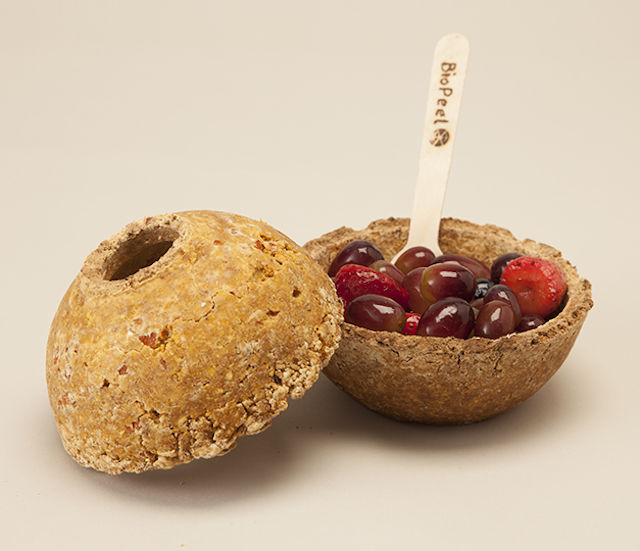
Applications and Uses
From customised paper bags in the Netherlands to orange-derived biobags made from natural starch, the potential applications for citrus waste packaging are vast. Companies can opt for these materials to package their products, providing customers with environmentally-friendly options that reflect a commitment to green technologies.

Challenges and Future Prospects
Despite its promising attributes, orange peel packaging does face some challenges. The scalability of production and cost-effectiveness are critical considerations for businesses contemplating a switch to biodegradable packaging for business. However, ongoing innovations and research initiatives are expected to overcome these hurdles, paving the way for widespread adoption.
Conclusion
As the demand for eco-friendly packaging in the Netherlands and globally continues to rise, orange-derived packaging offers a promising solution. It not only addresses the pressing issue of waste reduction but also provides businesses with the opportunity to enhance their brand image by adopting sustainable practices. The journey towards a greener planet begins with small steps, and choosing environmentally responsible packaging solutions is a significant move in the right direction.

